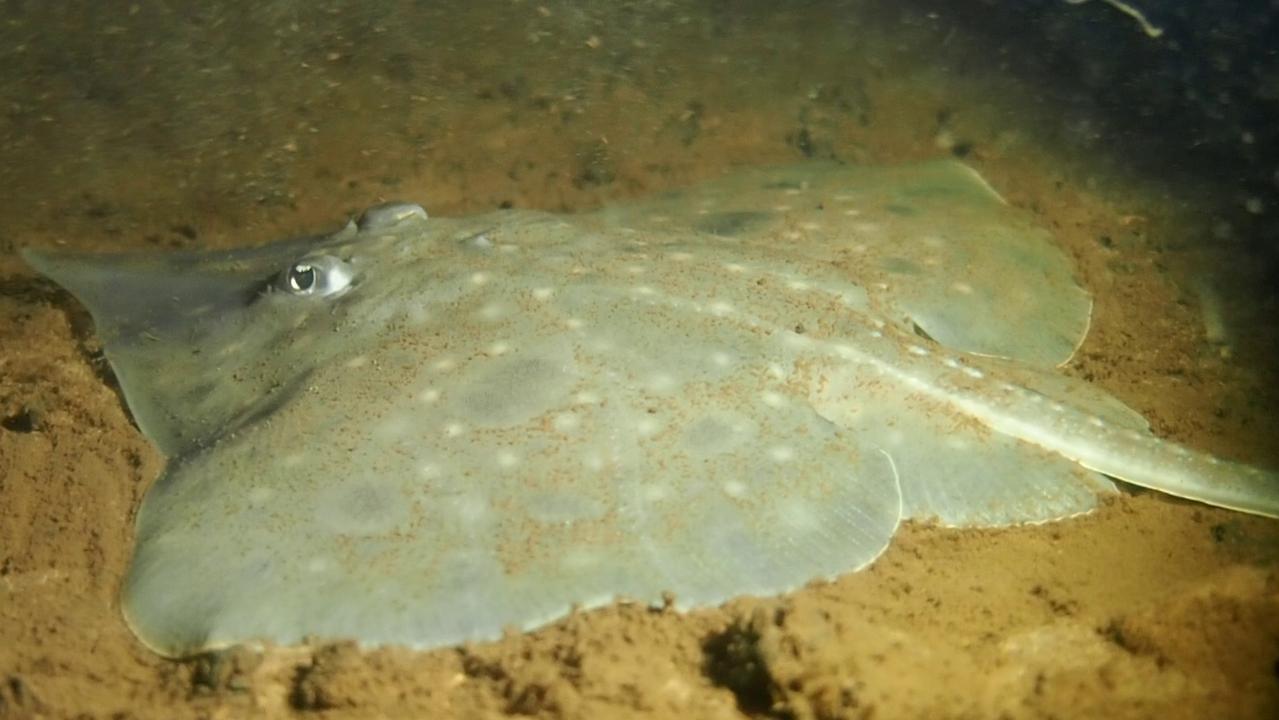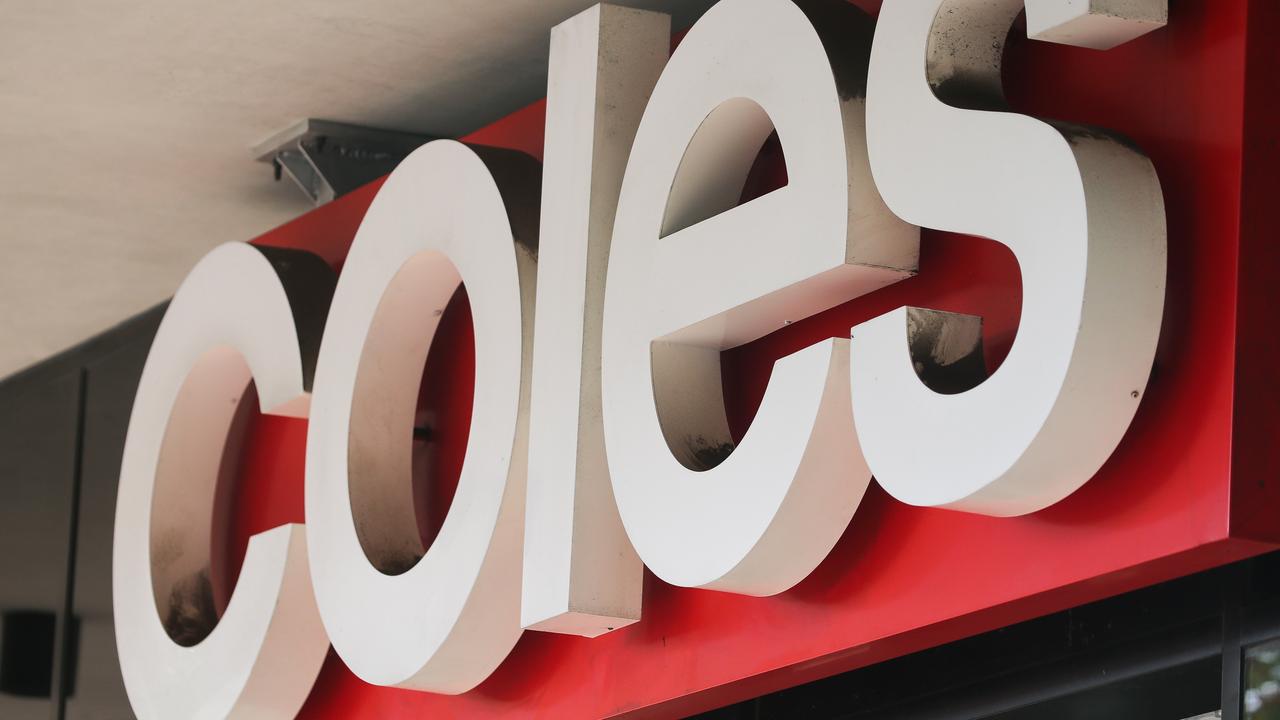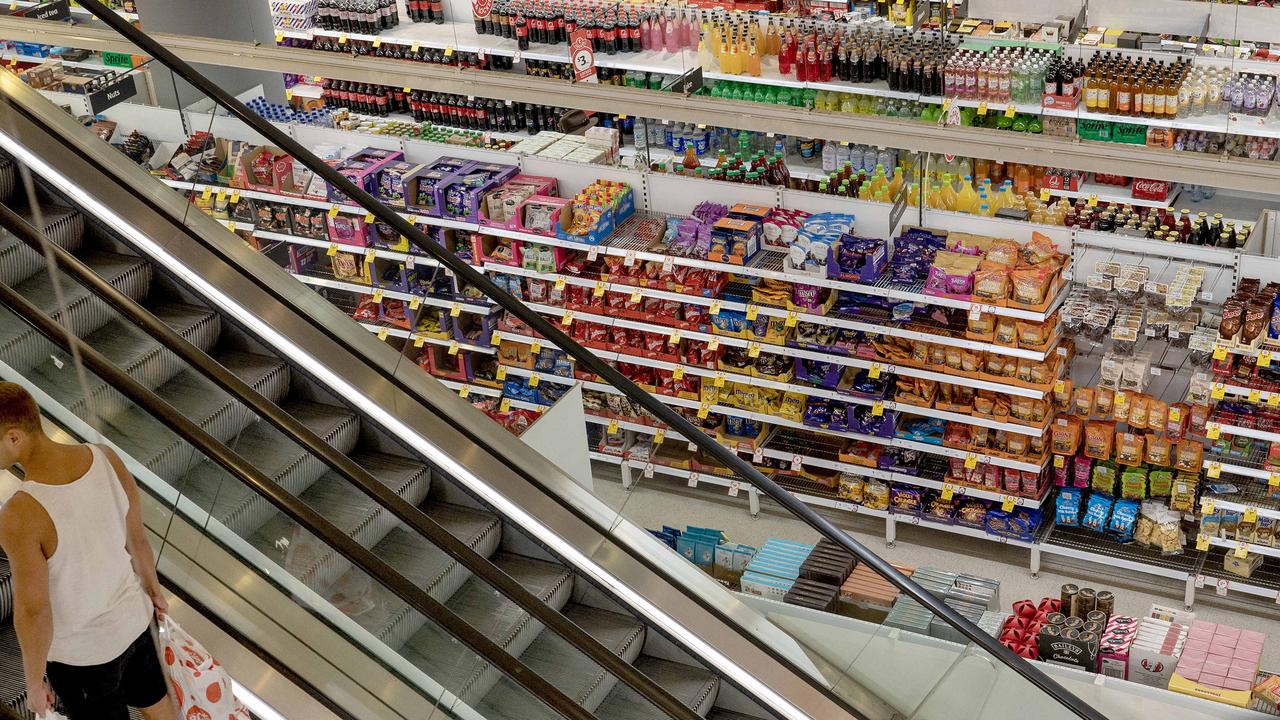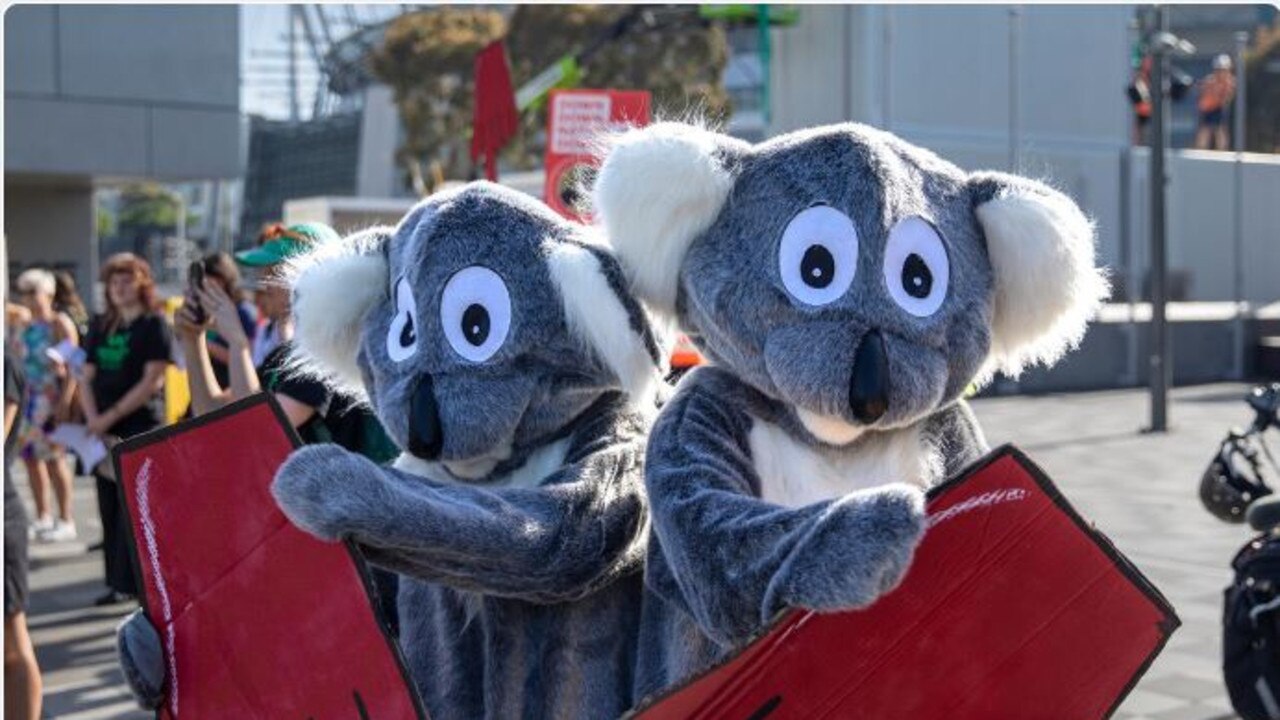Calls for Coles board to resign during fiery AGM
Coles shareholders have lashed out at the supermarket for its environmental shortcomings and issued a demand.
Coles has faced a grilling from shareholders due to environmental issues, including a failure to stop salmon farming in the divisive Macquarie Harbour.
Shareholders gave Coles a scathing review of its own-brand salmon, lashing the board for delays and relying on government action to protect the endangered Maugean skate fish.
Salmon farming in Tasmania’s Macquarie Harbour has depleted the number of Maugean skate.
There are an estimated 40 to 120 adult Maugean skates remaining in the wild, according to environmental campaigners, who labelled the Prime Minister’s $28m funding announcement to improve water quality in Tasmania’s Macquarie Harbour a green light for the polluting salmon industry.
Macquarie Harbour is a major salmon fishing ground and the only known home of the Maugean skate.
Coles didn’t commit to when it will make a full transition away from Macquarie Harbour salmon, although it said the amount of salmon coming out of the area had nearly halved since 2014.
Shareholders called on the board to resign if the Maugean skate becomes extinct, as it will have “a massive impact on the share price”.

Prior to Tuesday’s annual general meeting, Coles asked shareholders to vote against a resolution that would stop the company farming salmon for its own-brand products from Macquarie Harbour by April 30, 2025.
“Shareholders request that Coles cease procuring farmed salmon for its own-brand products from Macquarie Harbour in Tasmania by no later than 30 April 2025 for the purpose of trying to prevent the extinction of the Maugean skate,” the company said in a statement prior to the meeting.
Coles chairman James Graham said the supermarket would support a multi-stakeholder approach to the harbour, throwing his support behind the Australian government’s plan in the region.
“We continue to update our process and procedures to ensure they remain appropriate and are delivering the right outcomes,” Mr Graham said.
“The salmon we source from Macquarie Harbour is certified as responsibly sourced by best agriculture practices.
“It is an important and complex issue that we are closely monitoring.”
Mr Albanese said Tasmania’s salmon industry was “the backbone of many regional communities and it’s essential we support the thousands of jobs it creates right across the state”.
Don’t blame us for high grocery prices
Mr Graham lashed out at politicians who have “politicised” the cost-of-living crisis to attack supermarkets, which he said was in stark contrast to the more constructive relationship between governments and the retailers through the Covid-19 pandemic.
The grocery giant and rival supermarket Woolworths have been in the sights of politicians and the consumer watchdog for allegations of dodgy discount schemes, price gouging and contributing to the extinction of fish.
However, in addressing shareholders on Tuesday, Mr Graham came out swinging in the face of heavy criticism from government and regulators.
“In this context, it has been disappointing to see how cost-of-living issues have been politicised and targeted at supermarket operations,” Mr Graham said.

Mr Graham alluded to politicians looking to shift the blame onto the supermarket from themselves.
“There has been a wider ambition from some behind the inquiries to perhaps provide answers to more difficult questions of inflation,” Mr Graham said.
“This is not unique to Australia, we are seeing pressures on supermarket costs abroad.”
Mr Graham flagged that the criticism was coming despite the supermarket being there during times of crisis.
“This is in sharp contrast to the level of engagement and support of supermarkets by governments and regulators during the Covid lockdown years,” he said.
“That experience and the results of working together in the face of floods, bushfires and other natural disasters have shown the benefits of constructive engagement between business and governments, which is hopefully the template for the future when it comes to addressing the impacts of complex issues like inflation.”

Mr Graham said it was always Coles’ aim to offer customers discounts, which have been used against them in legal action brought by the ACCC.
“We are providing options to ensure customers can have the choice of finding the products they need at the price they need,” Mr Graham said.
According to the ACCC, discounts on 245 products misled consumers and were illusory. These allegations occurred across a 15-month period.
The representations were made on pricing tickets displayed to consumers in-store on supermarket shelves and online, usually with a “was” price displayed showing what the price was during the short-term price spike and the date of that price.
“The matters raised by the ACCC relate to a period of significant inflation leading to supplier costs. The subsequent discounts were the result of promotional investment by the supplier and Coles, which issued a reduction in the shelf price while customers were facing cost of living,” Mr Graham said.
The ACCC identified this conduct through consumer contacts to the ACCC and social media monitoring after a swell of posts showed the supermarkets offering alleged dodgy discounts.
Clashing with protesters
Coles faced a grilling during its AGM due to a lack of a policy around deforestation despite rivals Woolworths and Aldi setting their own deforestation targets through their supply lines.
Coles shareholders grilled the board on its refusal to set a deforestation target, saying it is breaking “trust between customers and the brand”.
Prior to the meeting, Coles execs clashed with an estimated 60 people from environmental groups outside the building.

The group voiced fears over the “biodiversity crisis” and pushing the koala, already endangered in Australia, to the brink of extinction due to deforestation.
“Coles executives have allowed the company to fall behind its competitors on deforestation, raising big questions about its commitment to sustainability and competitiveness,” Greenpeace Australia Pacific chief executive David Ritter said.
“Woolworths and Aldi have pledged to go deforestation-free by 2025, proving supermarkets can offer deforestation-free beef without compromising customer value.
“Coles customers and shareholders deserve to know why the company is wilfully lagging on such a crucial issue, with major risks for shareholder value as well as our precious forests and koalas.”
Mr Graham said the supermarket was looking beyond deforestation and aiming at sustainability across the business.
“Sustainability is a whole of board responsibility, we accept that responsibility and there’s a formal presentation to the board once a quarter,” Mr Graham said.
“If I may, let me provide a bit of context. In 2024 we actually refreshed our sustainability strategy and we have tried to say what are the four areas that are the most impactful.
“Those four areas are energy and emissions, waste, packaging and sourcing from farming. All of these areas come together and intersect.”
Groups like the ACF, the Wilderness Society and Greenpeace have been campaigning for the major supermarkets to commit to zero deforestation, with Woolworths and Aldi committing to these targets.
The ACF exposed 50 major cases of deforestation on properties linked to big beef producers destroying the homes of animals like koalas, pink cockatoos and northern quolls.
Shareholders asked why the board lacked any urgency to stop the “extinction crisis” and commit to deforestation.
“We are well engaged and we have made a clear statement about our progress being made across the protection of forests,” Mr Graham said.
“I am not making a comment about the commitments others have made.”
Read related topics:Coles





